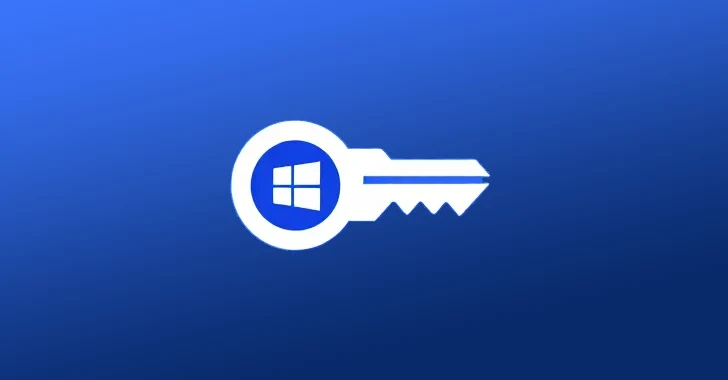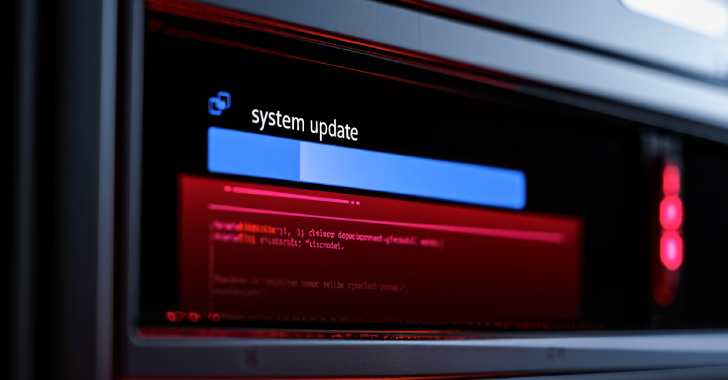In response to the 2023 Storm-0558 cyberattack, Microsoft has significantly bolstered the security of its Microsoft Account (MSA) signing service by migrating it to Azure confidential virtual machines (VMs). This strategic move aims to fortify the integrity of authentication processes and mitigate potential vulnerabilities exploited in previous incidents.
Background on the Storm-0558 Breach
The Storm-0558 breach, attributed to a China-based nation-state group, involved the unauthorized access of email accounts across nearly two dozen organizations in Europe and the U.S. The attackers exploited a validation error in Microsoft’s source code, allowing them to forge Azure Active Directory (Azure AD) tokens using an MSA consumer signing key. This vulnerability enabled the exfiltration of sensitive mailbox data, highlighting critical security gaps in Microsoft’s authentication infrastructure.
Microsoft’s Security Enhancements
In the aftermath of the breach, Microsoft has undertaken a comprehensive overhaul of its security protocols:
1. Migration to Azure Confidential VMs: By transitioning the MSA signing service to Azure confidential VMs, Microsoft leverages hardware-based security features that provide enhanced isolation and protection for sensitive operations. This migration ensures that signing keys are safeguarded against unauthorized access and potential exploitation.
2. Integration of Azure Managed Hardware Security Modules (HSMs): Microsoft has updated its Entra ID and MSA services to generate, store, and automatically rotate access token signing keys using Azure Managed HSMs. This integration enhances the security of cryptographic operations by ensuring that keys are managed within a secure, tamper-resistant environment.
3. Implementation of Phishing-Resistant Multi-Factor Authentication (MFA): To further strengthen user authentication, Microsoft reports that 92% of employee productivity accounts now utilize phishing-resistant MFA methods. This approach significantly reduces the risk of credential compromise through phishing attacks.
4. Hardened Identity SDKs: Approximately 90% of identity tokens from Microsoft Entra ID for Microsoft applications are now validated by a hardened identity Software Development Kit (SDK). This measure ensures robust validation processes, reducing the likelihood of token forgery.
5. Enhanced Security Baselines and Tenant Isolation: Microsoft has enforced stringent security baselines across all tenant types and is piloting projects to isolate customer support workflows into dedicated tenants. These initiatives aim to minimize the risk of lateral movement by potential attackers within Microsoft’s infrastructure.
6. Improved Log Retention and Monitoring: The company has implemented a two-year retention policy for security logs, enhancing its ability to detect and respond to suspicious activities over extended periods.
The Secure Future Initiative (SFI)
These security enhancements are part of Microsoft’s broader Secure Future Initiative (SFI), described as the largest cybersecurity engineering project in history and most extensive effort of its kind at Microsoft. The SFI encompasses a series of strategic measures designed to address evolving cyber threats and reinforce the security of Microsoft’s products and services.
Industry and Government Response
The U.S. Cyber Safety Review Board (CSRB) previously criticized Microsoft for avoidable errors leading to the Storm-0558 breach. In response, Microsoft has demonstrated a commitment to addressing these concerns through substantial security investments and protocol enhancements.
Conclusion
Microsoft’s proactive measures, including the migration to Azure confidential VMs and the integration of Azure Managed HSMs, signify a robust commitment to enhancing the security of its authentication services. These initiatives aim to prevent future breaches and protect user data against sophisticated cyber threats.



